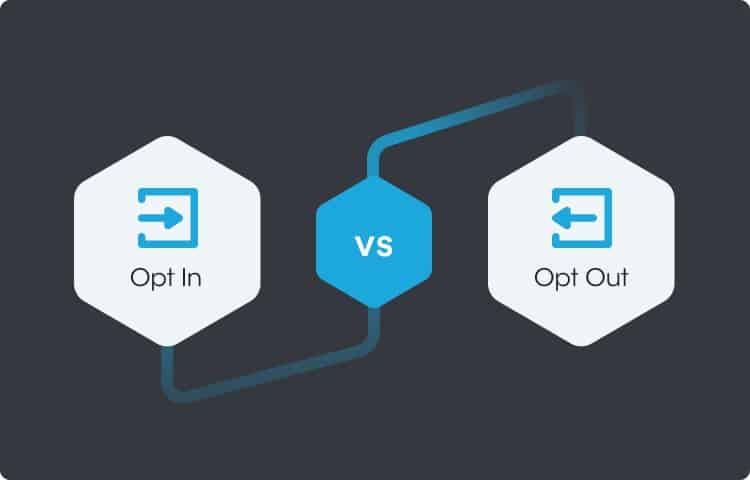Meta To Use Instagram And Facebook Posts To Train AI
Meta is planning to leverage social activity on Facebook and Instagram to enhance its artificial intelligence (AI) capabilities. According to Tech Times, Meta will be utilizing data dating back to 2007, which includes posts, photos, and messages, to train its AI chatbot.
New Privacy Policy Changes
Commencing on June 26, Meta, the parent company of Facebook and Instagram, will be implementing a new privacy policy. As per reports, this policy update will entail the extraction of user data from as far back as 2007 to enhance Meta's AI tools, encompassing posts, photos, captions, and messages, excluding private messages.
Opt-Out Options and Concerns
Currently, only users in Illinois and the European Union have the option to opt-out, governed by AI protection regulations like the General Data Protection Regulation (GDPR). Although many users may not be fully aware of the details, by agreeing to the terms of service on the platforms, users inadvertently grant Meta permission to utilize their data.

Concerns have been raised by individuals, including authors, artists, and media organizations, regarding AI companies using their work without consent. Legal actions have been taken, with demands for compensation. In an open letter from the Authors Guild, signed by over 8,500 writers, tech companies are urged to stop using their work without authorization or compensation.
Protection of Intellectual Property
In a lawsuit filed in December 2023, The New York Times accused OpenAI and Microsoft of using millions of articles from The Times to train chatbots that now rival the publication.

Legislation has also been introduced to safeguard actors' voices and likenesses from unauthorized use. The Digital Replica Contracts Act, recently passed in New York state, aims to prevent instances like Scarlett Johansson's claim against OpenAI for creating an AI voice resembling her own without consent.
This legislation is pivotal in addressing concerns surrounding AI-generated content and its potential impact on individuals' livelihoods and intellectual property rights.










